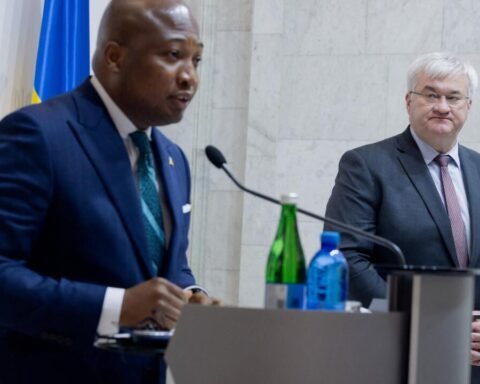The Somali Petroleum Authority (SPA) has announced that it will publicly release the country’s long-awaited petroleum survey results in July 2025.
The results—gathered through advanced seismic exploration techniques both offshore and onshore—are expected to confirm the extent of Somalia’s hydrocarbon resources, marking a significant milestone in the country’s push to join the ranks of oil-producing nations.
SPA Chairman and CEO, Eng. Abdulkadir Aden Mohamud, confirmed in an interview with state media that the survey will provide vital geological data, especially from areas like the Lower Shabelle region, which has shown promising potential. He described the upcoming report as “a critical step toward building a viable, Somali-led energy sector.”
The survey findings will help determine future oil exploration sites and are part of a broader initiative to attract global investors and strategic partners. This follows a 2023 energy cooperation deal between Somalia and Turkey, which allows the Turkish Petroleum Corporation (TPAO) to begin drilling in Somali waters. Preparations for the arrival of a drillship are already underway.
Currently, Somalia relies heavily on imported fuel to meet its domestic energy needs. But with proven reserves, the country could soon pivot from energy dependency to oil exportation, transforming its economic landscape and increasing its influence in the Horn of Africa.
The petroleum programme is guided by Somalia’s Petroleum Law of 2020, which lays out the structure for production sharing agreements, revenue distribution between federal and regional governments, and community benefits. These agreements ensure that both government and citizens can benefit from oil revenues, while also enforcing transparency and accountability.
To strengthen local capacity, the SPA has sponsored dozens of young Somali engineers to study petroleum engineering and geophysics abroad, equipping them with the skills to manage upstream operations. “We are not just aiming to extract oil,” said Eng. Mohamud. “We’re investing in our people to build a sustainable energy future, run by Somalis.”
Also Read; UK to Open Satellite Diplomatic Office in Dodoma
The SPA has also assured the public and international partners that environmental impact assessments and community consultations are integral to the project. These are especially crucial in Somalia, where infrastructure is still recovering from decades of civil conflict and where environmental vulnerabilities must be carefully managed.
Security challenges remain a concern in some exploration zones, particularly in rural areas, and analysts warn that stable governance and robust institutions will be essential to ensuring oil profits are used for national development—not lost to mismanagement or conflict.
Nevertheless, the anticipation surrounding the July report is high. Many experts see it as a symbol of Somalia’s resilience and rising capacity to control its own natural resources. Should commercial production begin on schedule in 2025 or 2026, Somalia will join the list of African countries leveraging oil to fuel infrastructure growth, employment, and economic independence.







